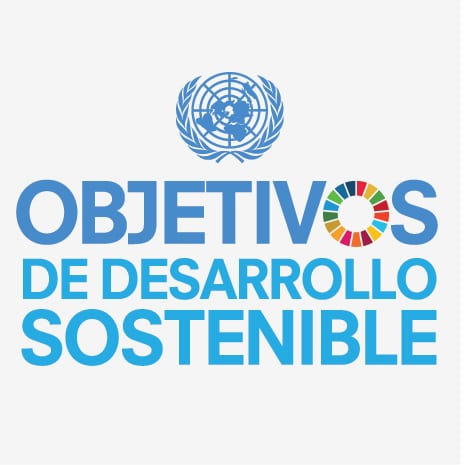 Vigilancia Tecnológica
Vigilancia Tecnológica
Performance of Wood-plastic Composites Manufactured from Post-consumer Plastics and Wood Waste under Coastal Weathering in Thailand
The performance of wood-plastic composites (WPCs) under natural weathering needs to be further evaluated, in particular their resistance to coastal weathering in tropical counties. Because the coastal weathering is sensitive to the rising acidity of the sea and changes in the frequency of storms. Thus, the effects of coastal weathering, post-consumer plastic types (plastic bags, straws, and cups), and wood waste (twigs) contents in the range of 40–60 wt% on the durability of WPCs were investigated. The samples were prepared by a twin-screw extruder and a compression molding machine. The results revealed that the increase of wood flour from 40 to 60 wt% into the plastic bag composites insignificantly rose (about 0.12 %) the melting temperature, but significantly decreased (about 23.8%) the melting enthalpy of the un-weathered WPCs. Post-consumer plastic from straws exhibits higher lightness and discoloration than that from a bag and cup, the plastic bag shows the lowest these values. All the mechanical properties of the post-consumer plastics and WPCs significantly (?=0.05) reduced in all cases after coastal weathering for 6 months. Overall, the post-consumer plastics from both the straw and cup presented higher mechanical properties than the virgin high-density polyethylene; however, the WPCs based on the plastic bag showed the lowest loss in modulus of rupture, modulus of elasticity, and shear strength after coastal weathering for 6 months.






